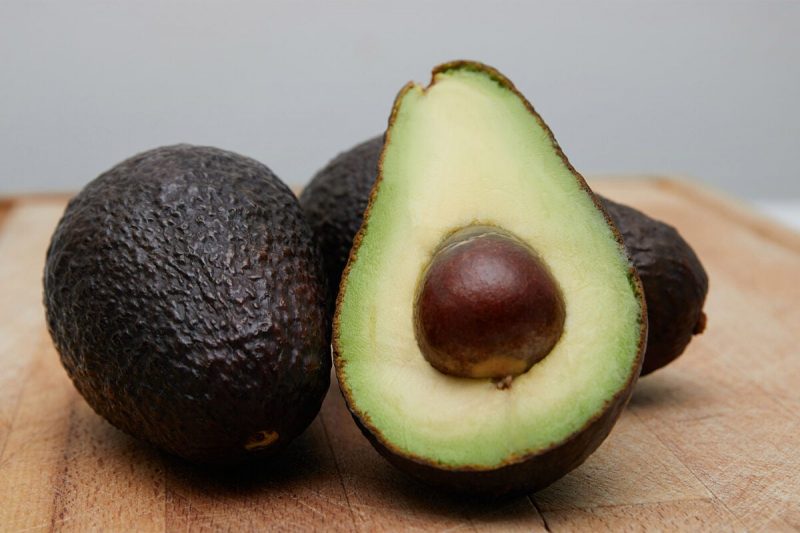Avocados have long been touted as a superfood, and new research suggests that adding just one avocado to your weekly diet may significantly lower your risk of heart disease. A study published in the Journal of the American Heart Association found that consuming one avocado per week can lead to a 21% reduction in the risk of developing heart disease compared to those who do not eat avocados.
One of the key reasons avocados are beneficial for heart health is their high content of monounsaturated fats, particularly oleic acid. These healthy fats are known to improve cholesterol levels, reduce inflammation, and lower blood pressure, all of which are crucial factors in maintaining a healthy heart. Additionally, avocados are a great source of potassium, which is essential for regulating blood pressure and supporting heart function.
Moreover, avocados are rich in fiber, antioxidants, and various vitamins and minerals that contribute to overall cardiovascular health. The combination of these nutrients helps to support proper blood flow, prevent the build-up of plaque in the arteries, and reduce the risk of blood clots.
It’s important to note that while avocados offer numerous benefits for heart health, they should be consumed as part of a balanced diet that includes a variety of fruits, vegetables, whole grains, lean proteins, and healthy fats. Incorporating avocados into a heart-healthy diet can be as simple as adding slices to salads, mashing them onto toast, or blending them into smoothies.
In conclusion, the findings of this study highlight the potential of avocados as a valuable dietary addition for reducing the risk of heart disease. By enjoying just one avocado a week, individuals can take a proactive step towards maintaining their heart health and overall well-being. So, next time you’re at the grocery store, consider picking up some avocados to support your heart health and enjoy their delicious and versatile taste.

